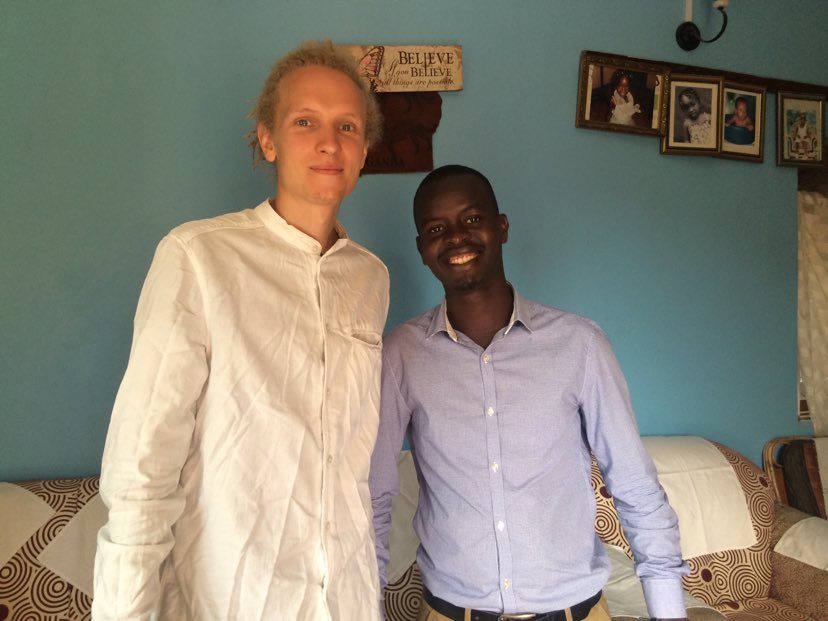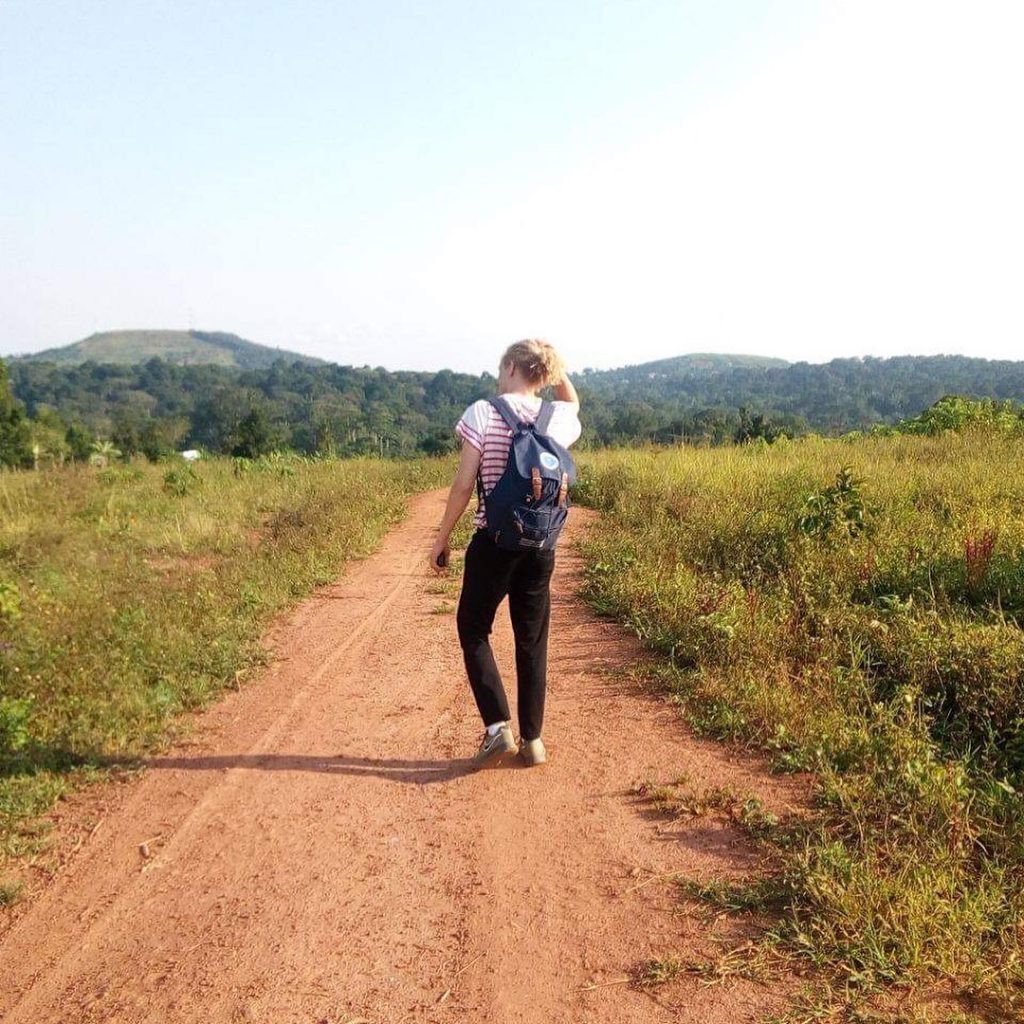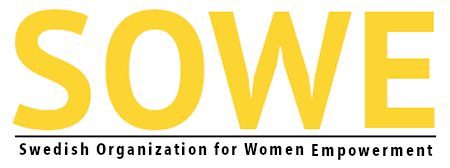Our Story
The idea of SOWE was born in 2019 when me (Kim) and Charles spent the summer together as roommates in the town of Nabbingo, Uganda. I had come to Uganda to work at Mpigi Health Clinic. My first weeks were spent at the ART-clinic, treating HIV and complications of AIDS.
The experience during my weeks at the ART-clinic affected me a lot. The vast amount of young people who suffered from HIV and AIDS, a disease highly treatable and preventable was chocking and I found myself spending hours and hours discussing HIV, poverty and injustices with my new roommate.

Charles taught me a lot, I was utmost impressed by his life story, the work he’s been doing with Yamba Hearts for Uganda and not the least his character in general. I also got to know Charles girlfriend Costance (wife since Jan 2020) and learned about the work she did with young sex workers in the slums of Kampala.
We diagnosed new patients with HIV every day and the prevalence of HIV in Mpigi is well above country average. The disease disproportionately affected women and adolescent girls in the area. Another disproportionately affected group were the boda-boda riders, a group infamous for spending their daily salaries on prostitutes. Charles showed me one of the meet up places where young women offered their sexual services for as little as 2 USD, the price was higher for men that did not want to use a condom, reaching 13 USD. Besides the boda-boda drivers there is one other major group of sex-buyers. Mpigi is located along Masaka Road, attracting high paying truck drivers traveling between Kampala and Southern destinations such as Rwanda and Tanzania.
If this was not enough to make Mpigi an epicenter of HIV, the number of unique sex sellers in Uganda exceeds most parts of the world. Besides a large number of active sex workers there’s an even greater number of occasional sex sellers. Financial pressure are forcing adolescent girls that have dropped out of school to sell sex to cover their basic needs, a process highly correlated with low socio-economic status and poverty. We estimate that 10-15 % of girls in Mpigi exchange sex for money to cover their basic needs before their 18th birthday.
There is no doubt that poverty is the main breeding ground for a large chunk of the horrific human misdemeanors in our modern world. The personnel at the clinic in Mpigi are front line witnesses to this. During my time at the clinic it was not uncommon to meet exploited children, brought to the clinic after they had been raped to an extent that made it difficult for us to keep them alive. Although such crimes are not limited to societies with high poverty, the frequency in Mpigi was beyond my imagination. A large majority of these crimes happen to children born into poverty, not having the same safety net and adult support that others do. Children born into poverty are many times more likely to become victims of rape or trafficking, just as they are several times more likely to get infected and die from HIV or other preventable diseases.
Me and Charles agreed that any serious effort to fight these injustices must be directed against poverty. Charles had been working for several years with his organisation Yamba Hearts for Uganda, teaching entrepreneurial skills to adolescents while building the Yamba Hearts Center. I gave my promise to do my best to help Yamba Hearts for Uganda to raise money. After all, everyone I know and have ever met in Sweden are better suited to contribute to change than the people most in need of it.
During my time in Uganda, in the process of starting our Swedish organisation with Jonna, Johanna and Kajsa, and in our planning with Charles and Costance we came to another conclusion. The best way to make a positive impact with the money we raise would be through Women Empowerment. We are confident that empowerment of women is the most efficient way to improve the living conditions in Mpigi and in other parts of the world with high poverty rates.
The empowerment of women has come a long way in our part of the world and the feminist movement is stronger than ever. Unfortunately, the women we are trying to help are yet to take advantage of this development. We started SOWE with the purpose of exporting one part of Swedish culture we are very proud of, our centuries old fight for gender equality and human rights. We have no intention of bringing our values to Uganda, but we do want to help the women in Mpigi to raise their own voice, fight for their own rights, and work for their own freedom.



